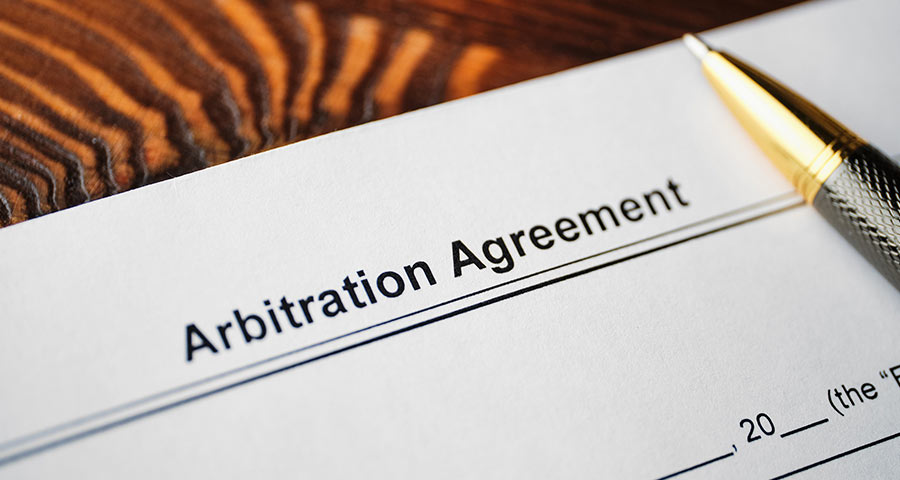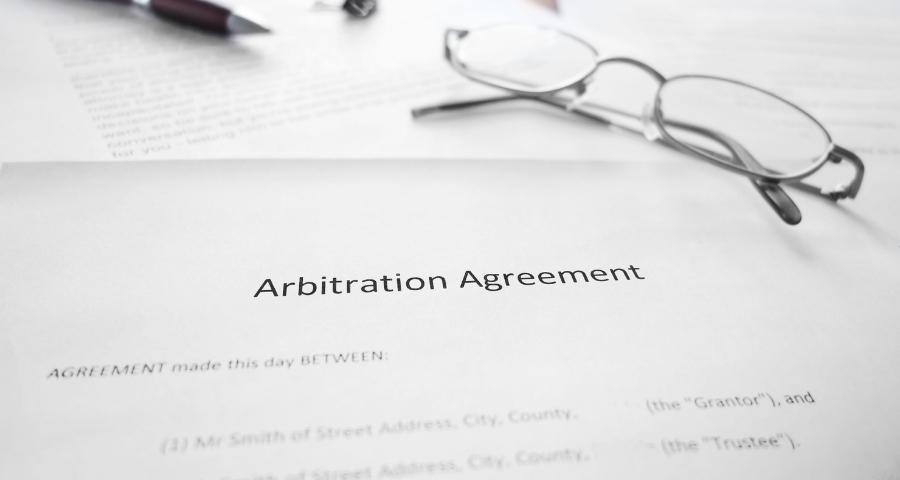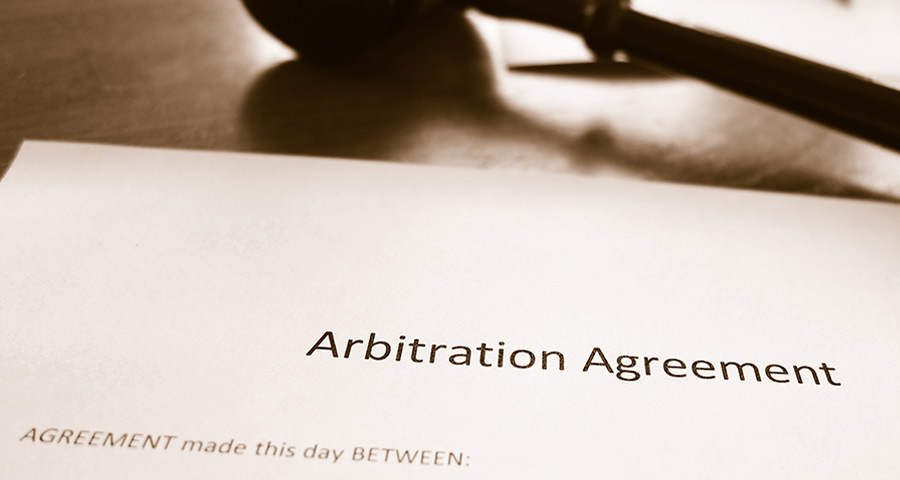
Many individuals and entities that enter into a contract that contains an arbitration clause believe that they have secured the right to have any controversy that arises regarding that contract arbitrated. This belief, however, can be misguided and, in fact, cause the party to lose their right to arbitrate a conflict.
As with other contractual rights, the right to compel arbitration is subject to waiver. Such waiver may be express or implied from the parties’ conduct. [See CCP § 1281.2; Davis v. Blue Cross of Northern Calif. (1979) 25 C3d 418, 425; Fisher v. A.G. Becker Paribas Inc. (9th Cir. 1986) 791 F2d 691, 694] Under California law, questions of waiver and estoppel are determined by the court, not the arbitrator. [CCP § 1281.2(a)—“the court shall [compel arbitration] … unless it determines … [t]he right to compel arbitration has been waived …” (emphasis added); see Engalla v. Permanente Med. Group, Inc. (1997) 15 C4th 951, 982; Hong v. CJ CGV America Holdings, Inc. (2013) 222 CA4th 240, 243]
Although waiver usually refers to a voluntary relinquishment of a known right, “it can also refer to the loss of a right as a result of a party’s failure to perform an act it is required to perform, regardless of the party’s intent to relinquish the right.” [Saint Agnes Med. Ctr. v. PacifiCare of Calif. (2003) 31 C4th 1187, 1195, 8 CR3d 517, 523, fn. 4] Under the California Arbitration Act, waiver does not require “relinquishment of a known right.” [Zamora v. Lehman (2010) 186 CA4th 1, 5-6.] A party may waive its right by an untimely demand for arbitration even without any intent to forgo the procedure. In this circumstance, waiver is similar to “a forfeiture arising from the nonperformance of a required act.” [Burton v. Cruise (2010) 190 CA4th 939, 944, 118 CR3d 613, 617]
There is no single test for establishing waiver of a party’s right to arbitration. Even participation in litigation of an arbitrable claim does not in itself waive a party’s right later to seek arbitration [St. Agnes Med. Ctr. v. PacifiCare of California (2003) 31 Cal.4th 1187, 1203] However, at a certain point, litigation of the issues in dispute justifies a finding of waiver. Some relevant factors considered include:
- “whether the party’s actions are inconsistent with the right to arbitrate”;
- “whether the litigation machinery has been substantially invoked and the parties were well into preparation of a lawsuit before the party notified the opposing party of an intent to arbitrate”;
- “whether a party either requested arbitration enforcement close to the trial date or delayed for a long period before seeking a stay”;
- “whether a defendant seeking arbitration filed a counterclaim without asking for a stay of the proceedings”;
- “whether important intervening steps (e.g., taking advantage of judicial discovery procedures not available in arbitration) had taken place”; and
- “whether the delay affected, misled, or prejudiced the opposing party.” [Saint Agnes Med. Ctr. v. PacifiCare of Calif., supra, 31 C4th at 1196, 8 CR3d at 524 (internal quotes omitted); Iskanian v. CLS Transp. Los Angeles, LLC (2014) 59 C4th 348, 375-376, 173 CR3d 289, 306-307—“futility as grounds for delaying arbitration is implicit in the general waiver principles we have endorsed”; Zamora v. Lehman (2010) 186 CA4th 1, 13-15, 111 CR3d 335, 343-344 (citing text)]
Additionally, under state law (not federal) courts may refuse arbitration where a party to the arbitration agreement is involved in litigation with a third party, if:
- the litigation arises out of the same transaction or series of transactions as the arbitration; and
- there is a possibility of conflicting rulings on common issues of law or fact. [CCP § 1281.2(c)]
To avoid waiving your right to arbitrate a claim, you must take steps that are consistent with that right. For example, if you are sued by the other party, demand arbitration at the earliest possible time. [See Federal Ins. Co. v. Sup.Ct. (Mackey) (1998) 60 CA4th 1370, 1375, 71 CR2d 164, 167—defendant preserved rights by concurrently filed demurrer and motion to stay action pending resolution of arbitration]. Simply responding to the complaint or undertaking discovery in the lawsuit may arguably forfeit the right to compel arbitration. Therefore, consider filing a motion to stay the litigation and to compel arbitration before or concurrently with your initial responsive pleading. [See Zuckerman Spaeder, LLP v. Auffenberg (DC Cir. 2011) 646 F3d 919, 923-924—“failure to invoke arbitration at the first available opportunity will presumptively extinguish a client’s ability later to opt for arbitration” (defendant could not overcome presumption because he delayed 8 months before moving for stay of litigation pending arbitration and participated in discovery and mediation, prejudicing plaintiff and expending court’s limited resources)]
Notwithstanding the foregoing, the law favors arbitration, and waiver will not be “lightly inferred.” The party claiming the other waived the right to arbitrate “bears a heavy burden of proof.” [Saint Agnes Med. Ctr. v. PacifiCare of Calif., supra, 31 C4th at 1195; Iskanian v. CLS Transp. Los Angeles, LLC (2014) 59 C4th 348, 375; Gloster v. Sonic Automotive, Inc. (2014) 226 CA4th 438, 447, 171 CR3d 648, 655]




